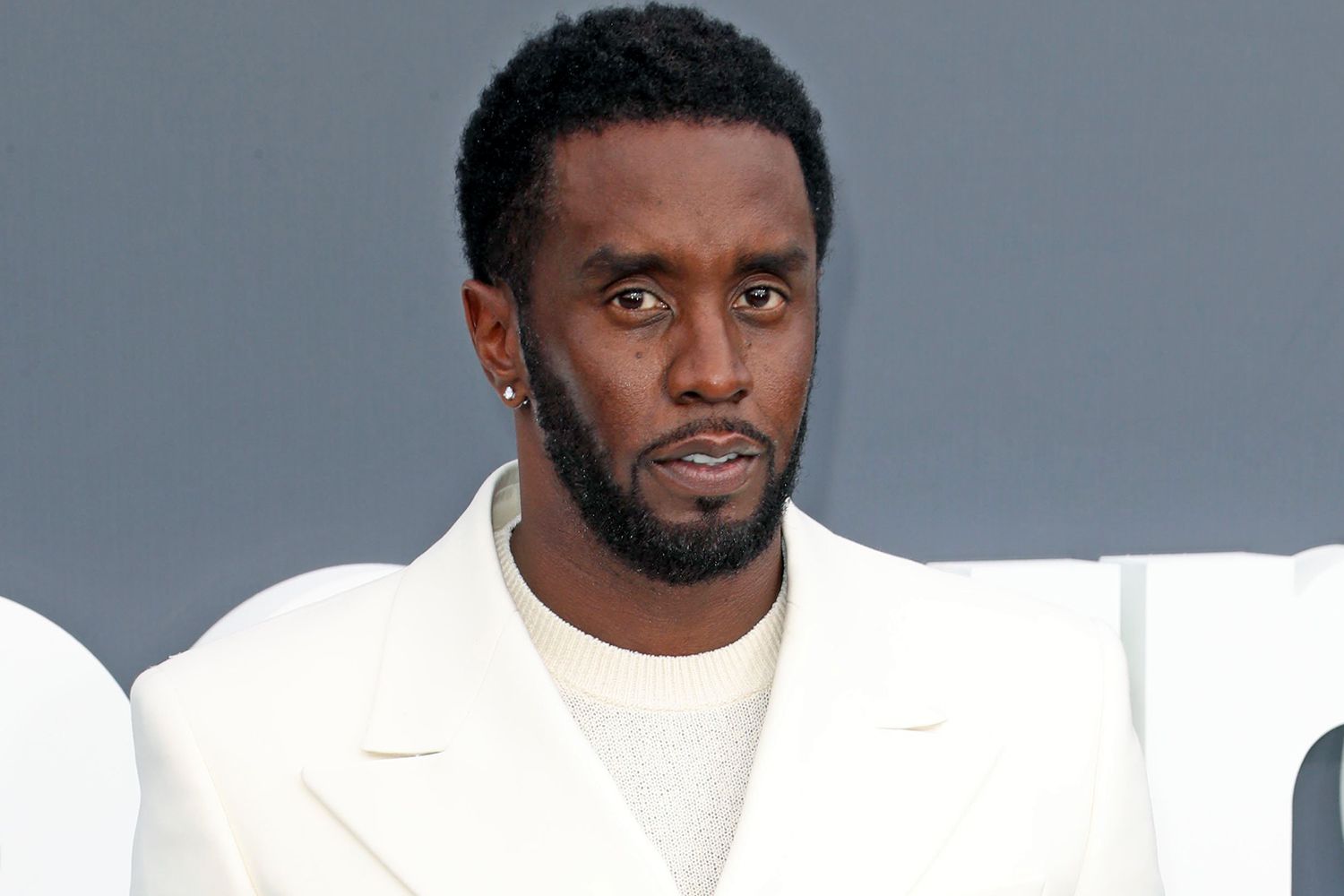When working closely with a celebrity, signing a confidentiality agreement is commonplace. These non-disclosure agreements (NDAs) help protect the celebrity’s personal life and maintain their privacy. However, as rapper Sean “Diddy” Combs sits in a Brooklyn detention center awaiting trial on serious charges, his NDAs are now under intense scrutiny.

Let’s dive into NDAs, which are legal documents familiar even to those without a law degree. Many celebrities require employees, vendors, and associates to sign NDAs to prevent them from sharing details about their lives, especially to tabloids. Breaking an NDA can lead to severe consequences, making them essential for maintaining privacy for public figures. But what happens when the celebrity’s private life is intertwined with criminal activity? Can an NDA compel silence in such cases? This is the question at the heart of the discussion surrounding Combs.

Combs faces three federal charges: racketeering conspiracy, sex trafficking, and transportation to engage in prostitution. The government alleges that he used fear, coercion, and violence to control a criminal enterprise. Although the indictment also mentions illegal firearms and drugs, it primarily focuses on alleged sexual activities, including “freak offs” — extended sexual performances that prosecutors claim women were forced to participate in with male sex workers. Combs is accused of sometimes joining, observing, and even filming these acts.
Currently, Combs is held at the Metropolitan Detention Center in Brooklyn, sharing his area with Sam Bankman-Fried, the infamous crypto scammer accused of defrauding millions. Reports indicate that while incarcerated, Combs remains focused and strong, with family members able to visit him. His lead attorney, Mark Agnifilo, has stated that Combs does not intend to accept a plea bargain and maintains his innocence, planning to contest the charges at trial, potentially even testifying in his own defense. However, New York courts prohibit recording devices in the courtroom, so any testimony will be represented through courtroom sketches.
Agnifilo has also suggested that Combs believes the prosecution is racially motivated, asserting that he is being targeted due to his success as a Black man. Upon Combs’ indictment in mid-September, Agnifilo expressed disappointment in what he described as an unjust prosecution by the U.S. Attorney’s Office, urging the public to reserve judgment until all facts are known.
In light of Combs’ situation and the NDAs involved, it’s essential to recognize that these agreements can surface in various legal contexts, including personal injury lawsuits. Here, we acknowledge our sponsor, Morgan & Morgan, America’s largest injury law firm. If injured, their team of over a thousand attorneys and specialists can guide you through the claims process, ensuring you only pay if you receive compensation. For more information, visit forthepeople.com/LCsidebar.
Returning to the topic of NDAs, Combs allegedly had associates sign extensive and, in some cases, alarming agreements. Elizabeth Vula, legal counsel at Law and Crime, joined me to discuss the implications of NDAs for celebrities. While NDAs are common for public figures to safeguard personal and business information, the NDAs associated with Combs are notably broad and unusual. Vula noted that such agreements typically define what information cannot be disclosed, but in Combs’ case, they appear to cover virtually any information, extending even to associates and heirs.
The legal language in these NDAs is strikingly comprehensive. For instance, one provision states that “Sha Diddy Combs, aka Puff Daddy’s privacy is highly valued,” with efforts made to maintain confidentiality concerning any related individuals, including family, friends, and business associates. Vula remarked on the atypical breadth of this NDA, which could potentially bind individuals who never directly interacted with Combs to confidentiality.
One particularly concerning aspect of the NDA involves its lengthy duration. Typically, NDAs cover the period of employment or association, but this agreement purportedly lasts for the lifetime of Combs plus an additional 20 to 70 years, a term more akin to copyright protections than standard NDAs.
In cases involving criminal conduct, such as those surrounding Combs, NDAs cannot legally prevent individuals from reporting or discussing illegal activities. This public policy ensures that NDAs cannot be used to silence victims or witnesses. Vula clarified that if the alleged acts, like the “freak offs,” involved coercion or trafficking, the NDA would not hold up in court.
If someone were to settle a claim against Combs and sign an NDA, they would still not be barred from cooperating with authorities regarding criminal conduct. Recent laws are also designed to protect individuals in such situations, making it clear that NDAs cannot obstruct justice.
As this case unfolds, the implications of NDAs in the context of criminal allegations remain a focal point, raising important questions about privacy, accountability, and the limits of confidentiality in the realm of celebrity culture.





